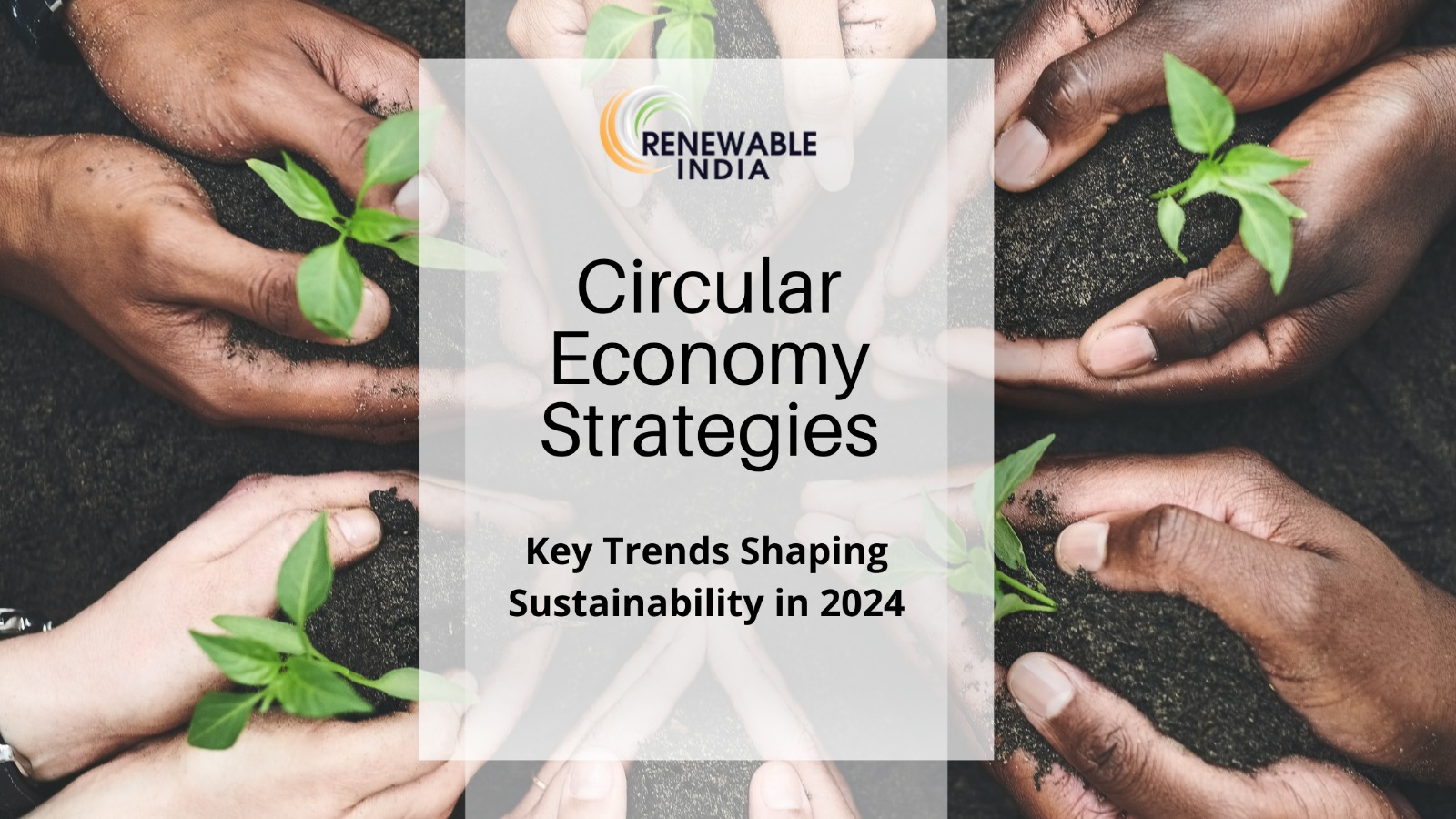
As we step into the new year, the landscape of sustainability is evolving rapidly, shaped by the urgency of addressing climate change and the dynamic forces of global politics. The year 2023 has been declared the hottest on record, signaling a dire warning about the escalating impacts of climate change.
As we navigate through the complexities of this critical juncture, it becomes imperative to anticipate and understand the sustainability trends that will shape 2024 and beyond.
There is no doubt that in 2024, climate change will become more severe. Temperatures in 2023 broke all previous records, paving the way for a period of extraordinary difficulties. The effects will be seen in a variety of businesses, from wildfires and harsh weather to biodiversity loss and other issues.
Businesses need to prepare for supply chain and operational disruptions, which calls for improved volatility management capabilities. Nevertheless, despite the difficulties, there is a bright side: as public awareness of these problems grows, particularly among younger workers, more corporate and governmental action is possible.
Global heating will pass 1.5C threshold this year, top ex-Nasa scientist says. The internationally agreed threshold to prevent the Earth from spiraling into a new superheated era will be “passed for all practical purposes” during 2024, the man known as the godfather of climate science has warned.
Globally, national elections will have a big impact on how sustainability and climate action develop, especially in nations like India, the United Kingdom, and the United States. The results of these elections will dictate how nations handle important problems like inequality and climate change.
Particularly significant is the U.S. election, which might go in many directions depending on the victor’s political philosophy. A Biden victory might expedite commitments to clean tech and environmental protection, providing hitherto unheard-of business opportunities, while a Trump victory might indicate a retreat of climate action.
In 2024, there will be a greater push for business sustainability measures to be transparent and accountable. Companies are under more pressure to comply with new reporting standards as a result of California passing important climate-related disclosure measures and the European Union setting the standard with the Corporate Sustainability Reporting Directive.
The increase in reporting responsibilities could result in significant expenditures for sustainability compliance, signifying a change in emphasis towards non-financial reporting and possibly matching the expenditures for financial reporting.
In 2024, clean technology will still be growing at an exponential rate. The International Energy Agency projects that renewable energy capacity will increase by 440 gigawatts by 2023, demonstrating the impetus behind the transition to sustainable energy sources.
This expansion is being driven by the economic viability of renewables, notwithstanding certain obstacles in some areas. It is inevitable that buildings will become more energy-efficient, electric vehicles will become more common, and smart grids and multitrillion-dollar marketplaces will give investment opportunities for enterprises with a forward-thinking approach.
As clean tech gains ground vested interests threatened by the transition will likely resort to distractions and misinformation. The playbook, once denying climate change, has evolved to undermine the economic feasibility of renewable solutions and spread myths about electric vehicles. Companies committed to decarbonization must navigate through these distractions, debunking myths and maintaining momentum on their sustainability journeys.
In 2024, partnerships that seek to tackle sustainability issues on a large scale will experience a notable surge in growth. The emphasis on carbon-intensive sectors like steel, aluminium, and cement has grown, and more client companies are pledging to switch to more environmentally friendly options. Although there are many commitment declarations, the real job will require accelerating systems thinking, which will call for teamwork to bring about significant change.
Perhaps in 2024, the ‘greenhushing’ issue and attacks on ESG programmes will fade. Businesses pursue sustainability targets despite obstacles because they see them as long-term investments. Attacking “woke” firms may lose political traction as more companies realise that sustainability is a profitable investment that also corresponds with stakeholder values.
Addressing sustainability issues is made possible in large part by artificial intelligence (AI). The use of AI for sustainability is expected to grow dramatically by 2024, facilitating the administration of ESG data and enhancing resource and energy efficiency. The predictive powers of AI are useful for managing protected areas and anticipating risks to biodiversity.
AI-powered ESG data management software will be essential in simplifying procedures and guaranteeing accuracy, efficiency, and compliance as sustainability reporting grows increasingly complicated.
AI will help us monitor and reduce our environmental footprint. AI can help us track and analyze various environmental indicators, such as greenhouse gas emissions, air quality, water quality, biodiversity, and deforestation.
In terms of sustainability, 2024 presents both opportunities and concerns. Businesses need to adapt and innovate when elections take place, reporting obligations rise, and climate change gets worse. A momentous year is ahead, marked by the rise of clean tech, collaborative solutions, and the possible waning of the anti-ESG movement.
Using AI for sustainability improves our capacity to handle challenging environmental concerns while also streamlining procedures. Adopting these sustainability trends will help us navigate the uncertain future while ensuring compliance and laying the groundwork for long-term success and a competitive edge. A prosperous and sustainable world can only be achieved by businesses working together to create a better future.
Leave a Reply